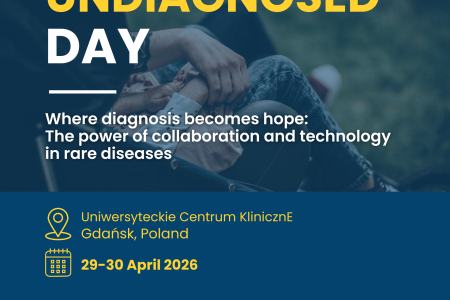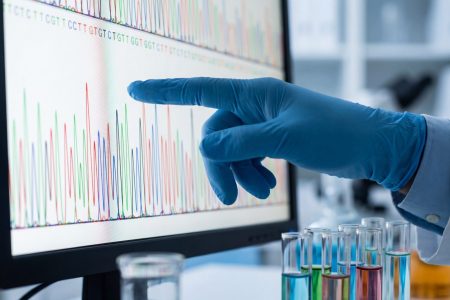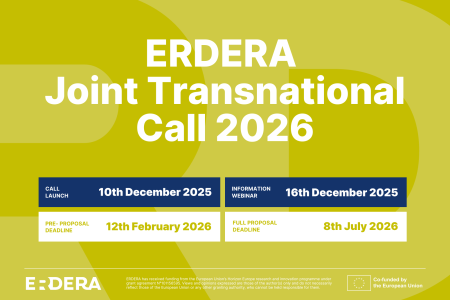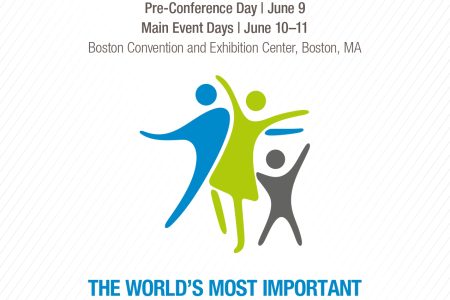Revolutionising Rare Disease Diagnostics
Millions of individuals affected by rare diseases (RD) face long diagnostic odysseys. Current tools like exome and short-read genome sequencing miss key variants, leaving many families without answers.
The ERDERA Diagnostic Research Programme comprises three work avenues that synergistically focus on accelerating rare disease diagnosis by strengthening data sharing, developing advanced diagnostic pipelines, and driving innovation in genomic and multi-omics technologies.
Data Sharing
Coordinate and consolidate harmonized diagnostic data availability across the CRN diagnostic research programme, integrating European Reference Networks (ERNs), national Undiagnosed Disease Programs (UDPs), diagnostic centres, programs and national mirror groups.
Implement data standardisation, sharing, federation, and quality control for research re-analysis methodologies to accelerate diagnostics for RD patients
Ensure secure access to large datasets, enabling rapid return of research results to clinics, patients, and their families
Diagnostic Re-analysis Pipeline
Coordinate a pan-European diagnostic research pipeline, going beyond the state-of-the-art
Re-analyse existing data, moving from a distributed to a federated approach to discover new molecular diagnoses and novel disease–gene associations
Improve variant interpretation across ERNs through knowledge sharing, best practices, and interdisciplinary collaboration
Prepare and disseminate best practice guidelines across ERNs and disease groups
Innovations to Shorten Time to Diagnosis
Develop cutting-edge genomics and integrated multi-omics approaches to accelerate rare disease diagnostics, significantly shortening the time to molecular diagnosis and enabling more families to benefit from actionable insights, therapeutic options, and improved care
Enable complete long-read genome analysis for comprehensive RD diagnostics
Advance genomics and integrated multi-omics methods to improve interpretation of genetic variation
Facilitate adoption of new approaches across Europe
Opportunities for institutes from underrepresented countries
By joining our growing diagnostic research network, institutes from countries with limited access to rare disease diagnostics can benefit from unique opportunities to strengthen their expertise and impact.
Based on Data Sharing and Innovations to Shorten Time to Diagnosis the opportunities include:
- Access to trainings and webinars to build local capacity in rare disease diagnostics.
- Scientific exchange and knowledge sharing with leading experts across Europe.
- Networking opportunities to connect with other institutes and specialists in the field.
- Advanced genomics and multi-omics technologies— including long-read sequencing andoptical genome mapping— driving novel diagnostic discoveries.
How to contribute
ERDERA’s Diagnostic Research Programme thrives on collaboration. Institutes and experts can engage in several ways, depending on their expertise and resources:
Sharing data from unsolved cases for re-analysis
By joining the Diagnostic Research Programme through our Data Sharing Framework Agreement (DSFA) , you can contribute unsolved case data to the re-analysis pipeline.
Not only this helps to integrate your data into a European-wide effort but also provides access to the large, collated cohort within the programme — enabling new discoveries and accelerating rare disease diagnostics.
Sharing your expertise
Experts are invited to join our Data Analysis Task Force (DATF) or Data Interpretation Task Forces (DITFs).
By contributing your knowledge, you can support cutting-edge analyses, variant interpretation, discovering novel gene–disease associations, and identifying new molecular diagnoses for rare disease patients.
Novel omics application
Institutes from underrepresented, as well as widening countries can propose unsolved rare disease cases with available biosamples for the generation of advanced multi-omics datasets (including long-read sequencing, and optical genome mapping).
These cutting-edge approaches increase the chances of finding a molecular diagnosis and open new pathways to therapy and improved care.
Call for Collaboration:
New Samples Needed
We are currently looking for new samples that fit our use cases, for which we can carry out long-read sequencing and optical genome mapping.
If you have potentially interesting cases, or if you are interested in collaborating, please do get in touch with us.




